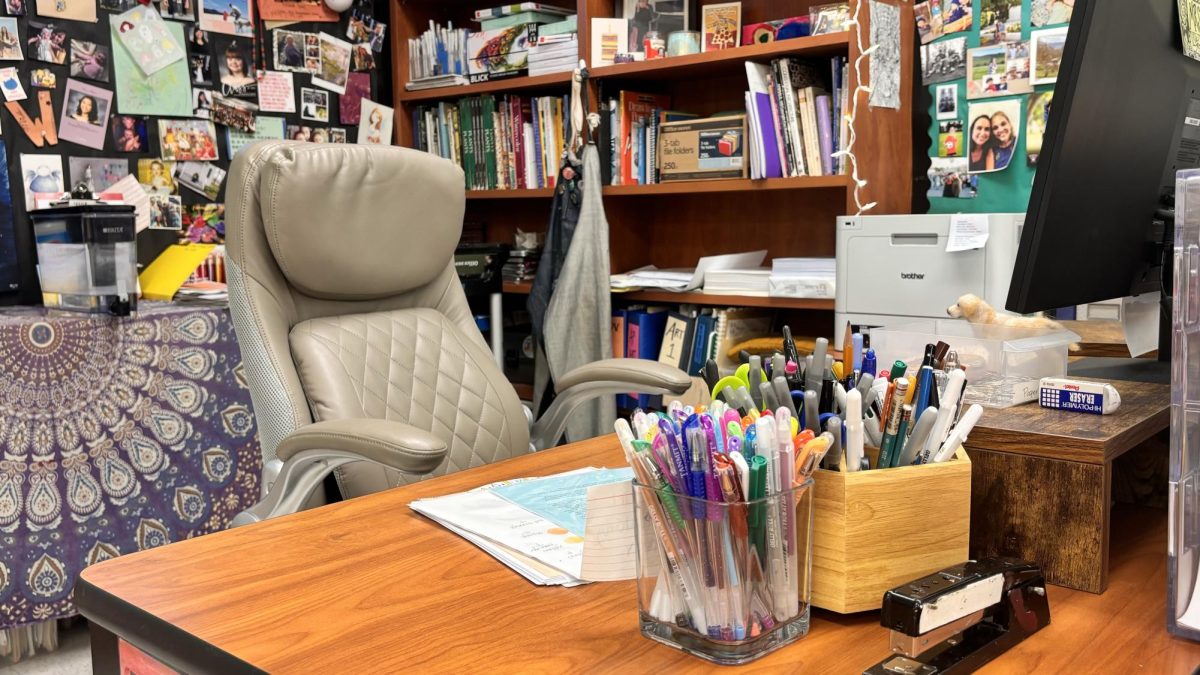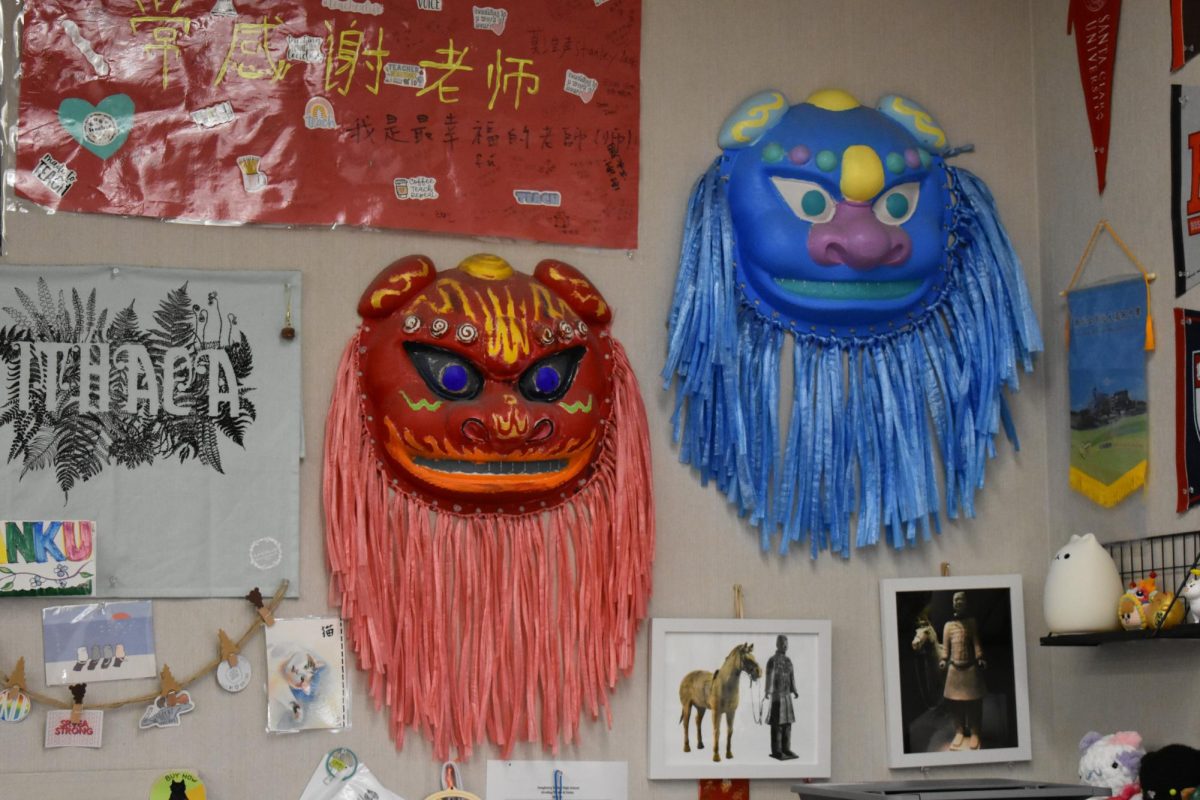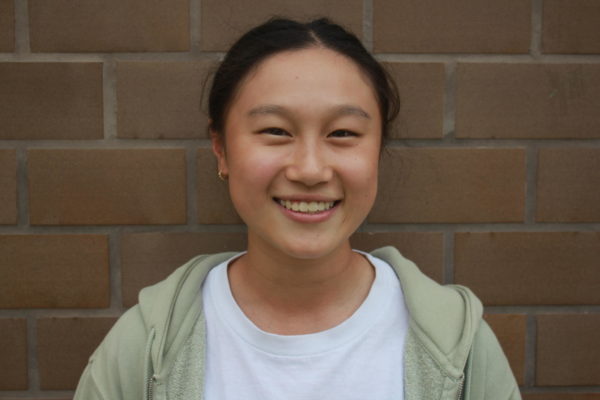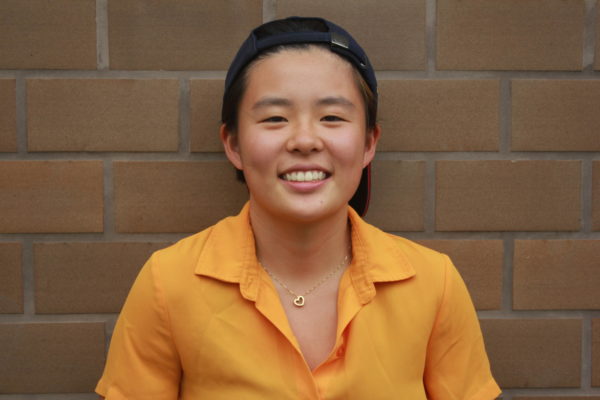After a bullying incident at DVHS went viral last November, garnering millions of views on social media, several DV students and alumni began voicing their own experiences and concerns with how administration handles these instances. Many believe the school has not been responding appropriately to student reports due to the uncertainty surrounding the consequences that were handed out.
Anika Corinne, a DV class of 2021 student, posted a video to social media that explained her own experiences being bullied at school and her thoughts on how her case was handled. After receiving death threats, she reported this to her counselor and an assistant principal, who said not much could be done about the situation due to the pandemic.
“Just knowing if admin would [implement] consequences for bullying would make students feel comfortable to report [things] like that in the first place,” she said. “Because there would be consequences for bullying, I think people [wouldn’t] do that because they [would] be afraid.”
When students make reports to teachers or administration staff, the report will eventually lead to an investigation — students involved will be interviewed, and the circumstances surrounding the situation will be assessed. Appropriate disciplinary consequences are then issued to the people involved.
“What I think about discipline is its [used] to change behavior. Ultimately, you want the student to learn from their mistake and move forward,” Lauren Falkner, Dougherty’s newly appointed principal, said.
The administration team at Dougherty works together to find the appropriate disciplinary actions against each individual student situation, whether that’s considering first-time offenses versus the seriousness of the incident.
“We don’t want the same person doing the same old thing over and over and over again,” James Corral, the placeholder principal last semester, said. “[They] need to see a perspective and listen to the victim and what the victim suffers emotionally or psychologically.”
Because all the care that goes into handling these incidents are kept confidential, many students continue to believe the school is not taking action.
“I know that there’s a narrative that we don’t take reports seriously, [but] we absolutely do,” Falkner reiterated. “When things come to a boiling point — it might be a shouting match in the quad or online [exchanges] — we [oftentimes] find that this has been going on for days or weeks. If somebody had just clued us in or said something earlier, then we wouldn’t have gotten to the boiling point where all the water is out of the pot.”
California Education Code 48900 permits public schools to suspend students on the basis of violence, bullying or threats to cause physical harm, among other things. Though these incidents have to happen on campus, or impact school-related activities, administration officials are under strict guidelines on what they can or cannot share. According to Ed Code 49076, a school district cannot permit the access of student records to anyone without parental consent.
“There are policies [and] there is Ed Code. We’re going to follow everything. But we just can’t talk about it. That’s part of the system,” Powell affirmed. “Sometimes people don’t need to know what the end result is. They just need to know we did our job because that’s why we’re here.”
DV has policies that not only discourage bullying and violence by administering consequences, but the school also actively works to prevent issues from the root of their problems.
“We never know when a student is gonna get worked up or triggered by something,” Catherine Perez, Dougherty’s school social worker and Wellness Center coordinator, said. “We try to promote the Wellness Center as a safe space for students to come talk to you about any kind of emotion they’re experiencing, even if it’s anger.”
The Wellness Center invites therapy dogs to visit the school every month, as well as holds many craft activities to spread positivity and relieve the tensions and pressure many students at Dougherty feel, especially since they’re still learning how to self regulate emotions.
“As teenagers, you’re still learning how to respond appropriately when you’re angry. And I think it’s okay,” Perez said. Anger is a very normal emotion, [and it’s] just learning how to control that and respond more appropriately.”
Perez, who was previously a school-based therapist for middle school students, is involved in the Safe School Ambassador program, where she acts as a family lead to meet with a group of five students throughout the year. Instead of being a bystander, Perez tries to promote the significance of students being allies and standing up for one another when they see something happen.
“I didn’t get into education and administration to discipline. That’s probably [my] least favorite part of my job, but we have to hold students accountable for their actions,” Falkner said.
As Falkner suggests, students should own up to their actions, no matter the circumstance. Powell adds onto this, urging students to take his advice.
“[I] always remind everyone [to] be respectful. I can’t say that enough as individuals go through life, even in upset situations,” Powell said. “…Everything can be worked out through taking a deep breath, talking it out, especially in high school, getting help from adults, and just being respectful. I wish our students all the best and know [that] everything will work out.










